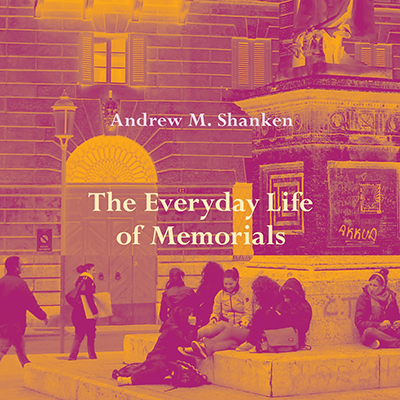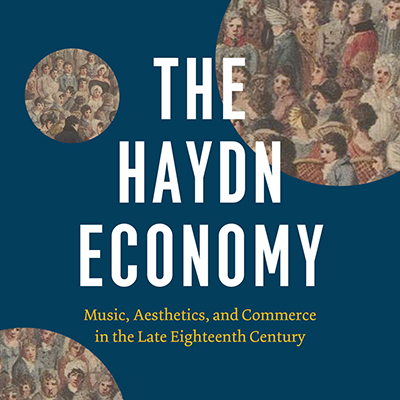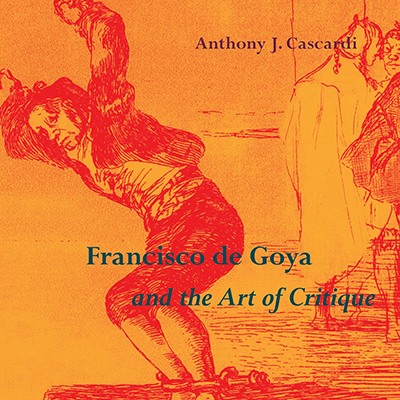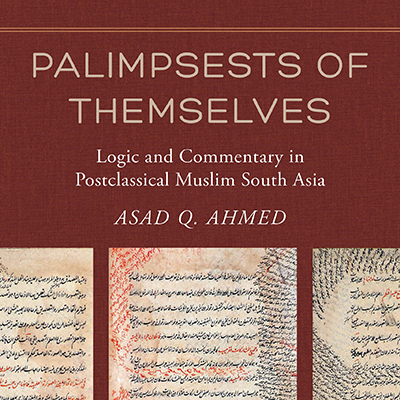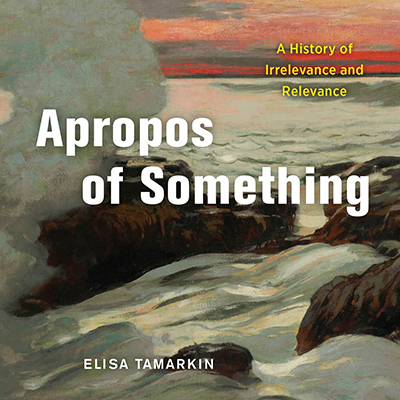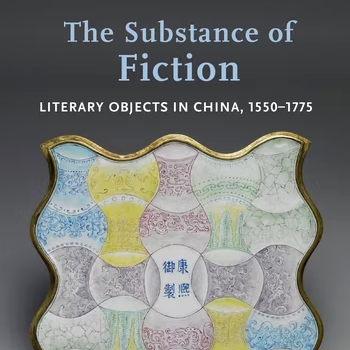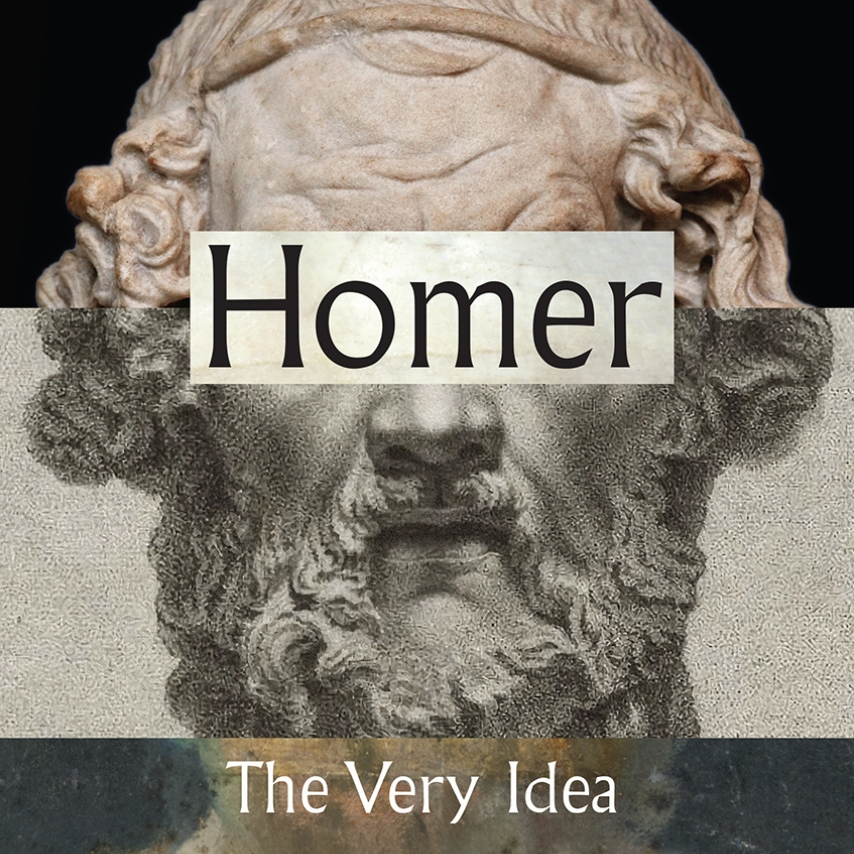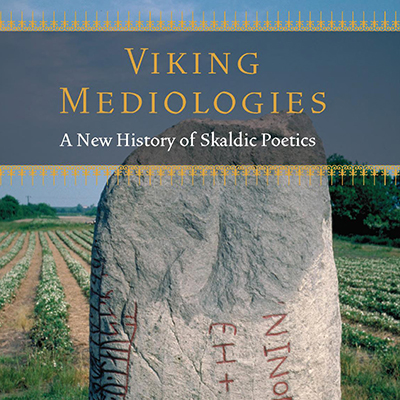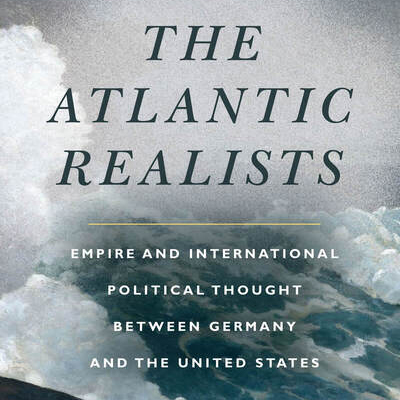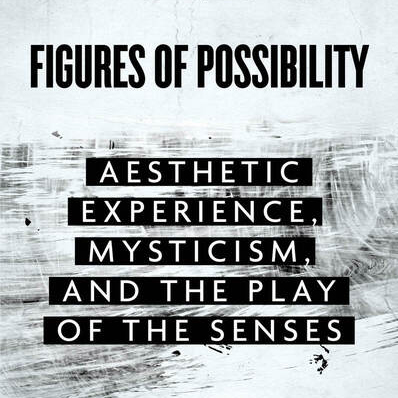The Townsend Center presents a lunchtime series celebrating the intellectual and artistic endeavors of the UC Berkeley faculty. Each Berkeley Book Chat features a faculty member engaged in conversation about a recently completed publication, performance, or recording. The series highlights the extraordinary breadth and depth of Berkeley’s academic community.
Concrete Encoded: Poetry, Design, and the Cybernetic Imaginary in Brazil
Nathaniel Wolfson shows how the concrete movement in art and poetry — which burst onto Brazil’s cultural stage in the 1950s, during a dizzying period of modernization — presciently grappled with an emerging information age.
In his exploration of plays named after objects, Mario Telò offers a new approach to the politics of familial and social relations in Roman comedy.
Past Events
In his study of the ordinary — and oftentimes unseen — lives of memorials, Andrew Shanken explores the relationship of commemorative monuments to the pulses of daily life.
The Haydn Economy: Music, Aesthetics, and Commerce in the Late Eighteenth Century
Analyzing the final three decades of Haydn’s career, Nicholas Mathew uses the composer as a prism through which to examine urgent questions across the humanities.
In his innovative study of Goya's body of work, Anthony Cascardi argues that the artist is engaged in a thoroughgoing critique of the modern social and historical worlds.
Palimpsests of Themselves: Logic and Commentary in Postclassical Muslim South Asia
Asad Ahmed offers an intervention in current discussions about the fate of philosophy in postclassical Islamic intellectual history.
In her history of the idea of "relevance" since the 19th century, Elisa Tamarkin explores the term as a means to grasp how something once disregarded, unvalued, or lost becomes interesting and important.
Sophie Volpp considers fictional objects of the late Ming and Qing that defy being read as illustrative of historical things, and are instead often signs of fictionality itself.
The identity of Homer is shrouded in mystery, including doubts that he was an actual person. James Porter explores Homer’s mystique, approaching the poet not as a man, but as a cultural invention.
Kate Heslop approaches Viking Age poetry through an innovative interpretive framework that considers the texts as pieces in a premodern multimedia landscape.
The Atlantic Realists: Empire and International Political Thought between Germany and the United States
Matthew Specter offers a revisionist interpretation of the "realist" worldview, which shaped US foreign policy, public discourse, and international relations theory after World War II and throughout the Cold War.
Figures of Possibility: Aesthetic Experience, Mysticism, and the Play of the Senses
Niklaus Largier explores the ways in which devotional practices have informed experimental engagements in literature and art from the 17th to the 20th centuries.


